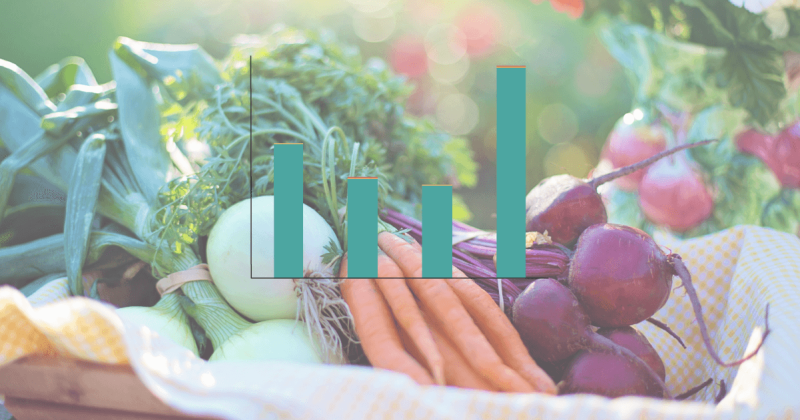Throughout this series, we have emphasized the complexity of pesticide use and the value of balance over extremes and broad generalizations. The fear that pesticide residues on their produce are harmful to their health is the final concern that many consumers have. People frequently believe that organic produce is safer and healthier than conventional produce due to scare tactics used by advocacy groups and false information from the media.
Pesticides and pesticide residues are still present in organic vegetables. Some advocacy groups utilize the Environmental Working Group’s Dirty Dozen list to highlight particular fruits and vegetables that should be avoided because they have higher pesticide residue levels than other fruits and vegetables. The level of pesticide identified and how that compares to the EPA’s tolerance levels are not considered in the Dirty Dozen list, though. Instead than providing context to help customers understand what the pesticide residue detections actually mean, the Dirty Dozen list makes the assumption that fruit with the highest levels of pesticide residue detections is hazardous and unhealthy. The context in this instance indicates that even product with the greatest amounts of pesticide residue is considerably below a level that would be harmful to humans. Moreover, the list of the “Dirty Dozen”
The following graph displays the overall number of USDA tests conducted in 2017 for pesticide residues on particular vegetables, the number of detections made, and the number of detections above the EPA threshold for the particular chemical discovered. The USDA Pesticide Data Program provided the information. It is obvious that both conventional and organic vegetables are extremely safe, and overall only very low quantities of pesticides are found in both.Conventional and organic produce has such low amounts of pesticides on it that you could eat your weight in fruit every day and still not be in danger of any health problems from the pesticides (You definitely would have health problems from eating that much fruit though!). The following graphic shows the number of servings of pears, bell peppers, and apples a child could eat every day without negative health effects from pesticide residues, even if the produce has the highest level of pesticide ever recorded by the USDA.
The safety of pesticides and the amounts that end up in our food are constantly being evaluated. And, just like anything that goes into your body, it’s the dose (the amount) that matters. Fruits and vegetables naturally contain “toxic” chemicals like aluminum, nicotine, and capsaicin. But the amount is so low that it’s not something we need to worry about. Similarly, pesticide residues on produce are too low to cause health problems, and are similar between organic and conventional produce.





